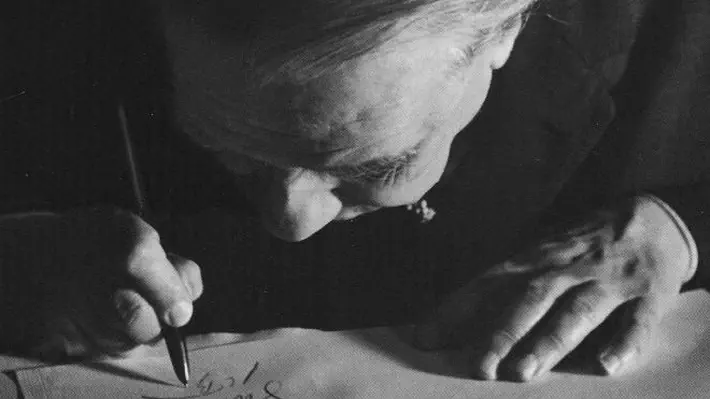 the paris review
the paris reviewThe Missing Borges
Seven years ago, a stolen first edition of Borges’s early poems was returned to Argentina’s National Library. But was it the right copy?
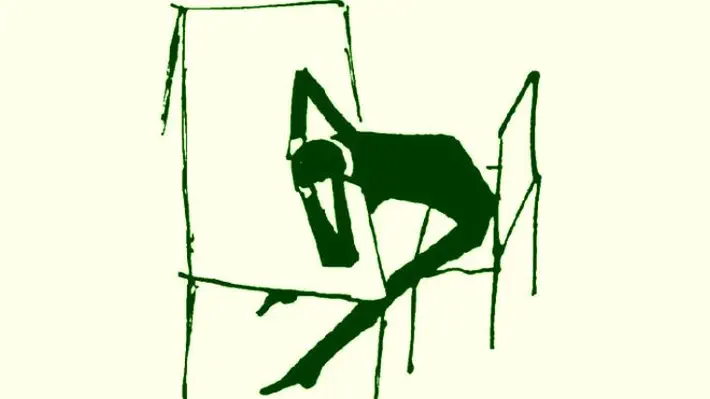 The Paris Review
The Paris ReviewThree by Kafka
A drawing from Kafka’s journal, 1916.Three what by Kafka? Truthfully, I don’t know how best to categorize the trio of prose nuggets below. I’m tempted to call them parables—each is succinct and appears to illustrate some truth—but Kafka…
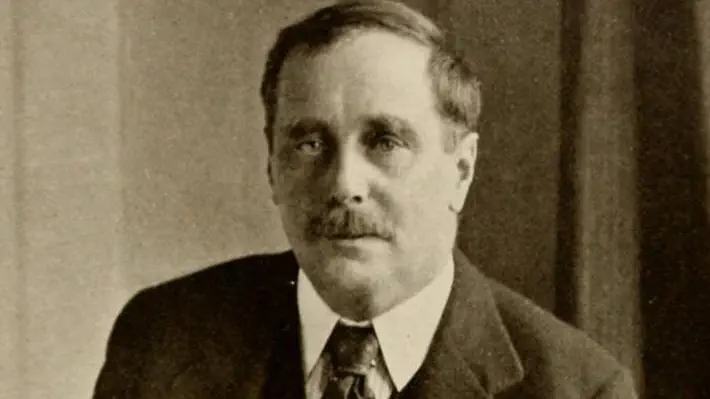 The Paris Review
The Paris ReviewH.G. Wells to Joyce: “You Have Turned Your Back on Common Men”
In a 1928 letter, Wells says he can’t grok Finnegans Wake.
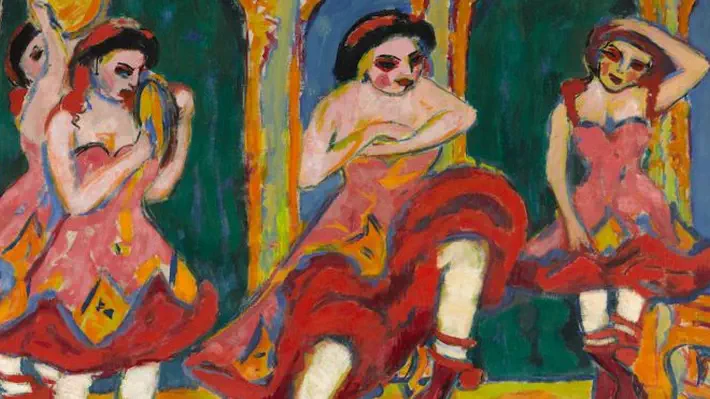 The Paris Review
The Paris ReviewUgliness Is Underrated: In Defense of Ugly Paintings
Frank prefers to think of these paintings as “badart,” one word, no hyphen. Badart is not the inverse of “good art”; it’s the inverse of “important art.” Some might call these pieces outsider art, and in the past, many of them could have been termed primitive or art brut. I prefer to think of them as ugly. Charming—like the dancing dog wearing a tutu or the nineties eyebrows on one particularly serene Virgin Mary—but ugly nonetheless.
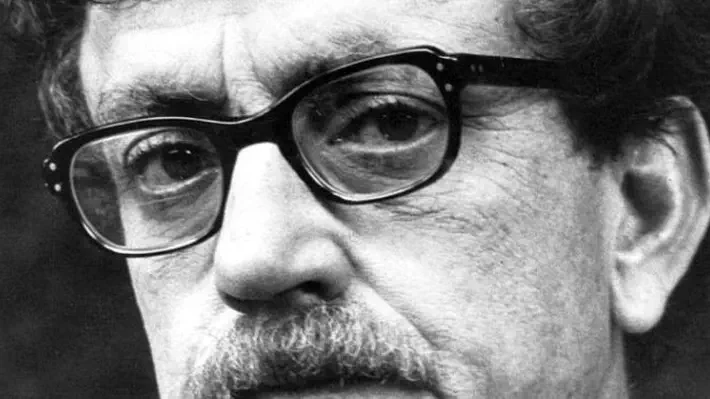 The Paris Review
The Paris ReviewKurt Vonnegut The Art of Fiction No. 64
This interview with Kurt Vonnegut was originally a composite of four interviews done with the author over the past decade. The composite has gone through an extensive working over by the subject himself, who looks upon his own spoken words on the page with considerable misgivings . . . indeed, what follows can be considered an interview conducted with himself, by himself.
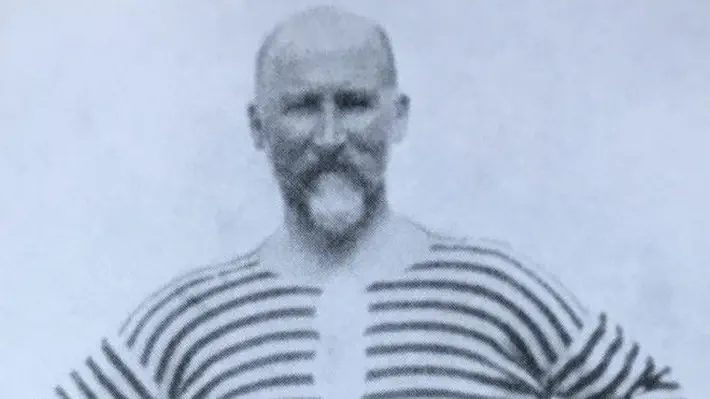 The Paris Review
The Paris ReviewOn Making Oneself Less Unreadable
Grammar enthusiasts either love H. W. Fowler's ‘Dictionary of Modern Usage’ (1926) or they just haven't read it yet. Here are some excerpts.
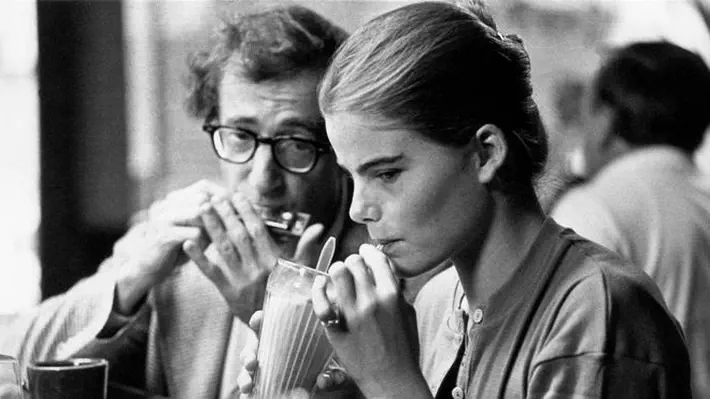 The Paris Review
The Paris ReviewWhat Do We Do with the Art of Monstrous Men?
They did or said something awful, and made something great. They are monster geniuses, and I don’t know what to do about them.
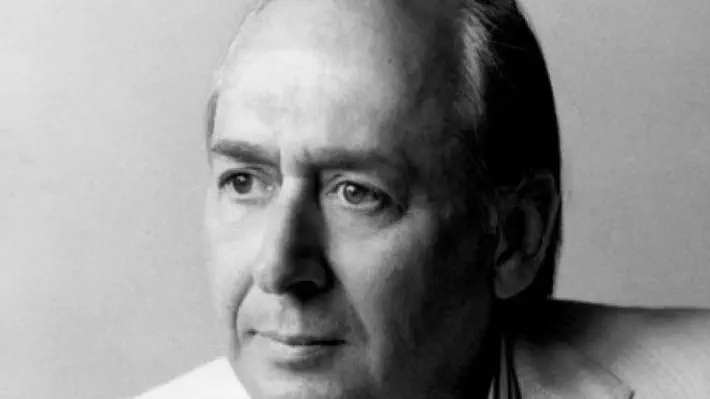 The Paris Review
The Paris ReviewJ. G. Ballard, The Art of Fiction No. 85
The son of an English businessman, J. G. Ballard was born and raised in Shanghai. For the past twenty-odd years, he has lived more or less anonymously in Shepperton, a dingy, nondescript suburb of London lying under the approach to Heathrow Airport.
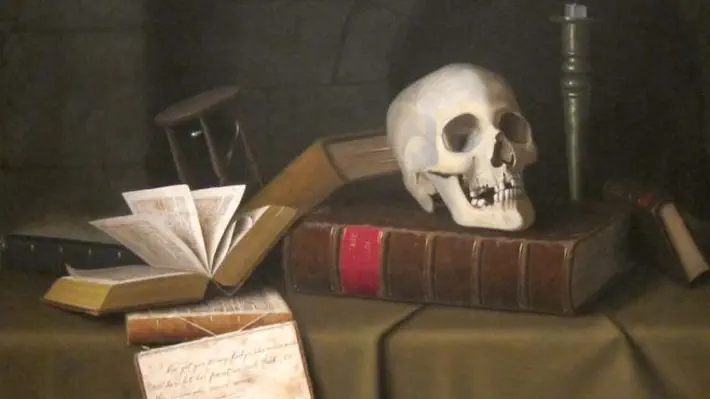 The Paris Review
The Paris ReviewIs Literature Dead?
One evening not long ago, my fifteen-year-old son, Noah, told me that literature was dead. We were at the dinner table, discussing The Great Gatsby, which he was reading for a ninth-grade humanities class. Part of the class structure involved annotation, which Noah detested; it kept pulling him out of the story to stop every few lines and make a note, mark a citation, to demonstrate that he’d been paying attention to what he read.
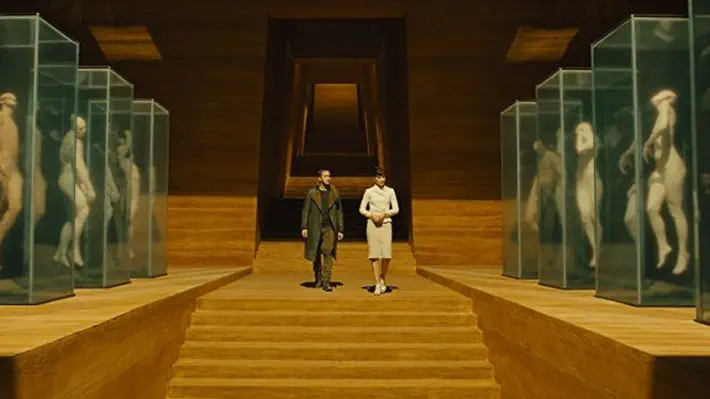 The Paris Review
The Paris ReviewLife After Empathy: On Philip K. Dick and Blade Runner 2049
Blade Runner 2049 picks up these hints from the original and runs with them. It’s a visually gorgeous film, panning, as it opens, a vast cityscape in ambient sfumato, architecture somewhere between Albert Speer, Bauhaus, and I. M. Pei. Sans-serif text reveals that replicants have seen improvements: there’s now a model with an extended life span, another capable of complete obedience. The opening scene ends with an obedient one, a Blade Runner called K (Ryan Gosling), carrying a bloody eyeball in a plastic bag toward his police-issue hover car parked in the sand.





